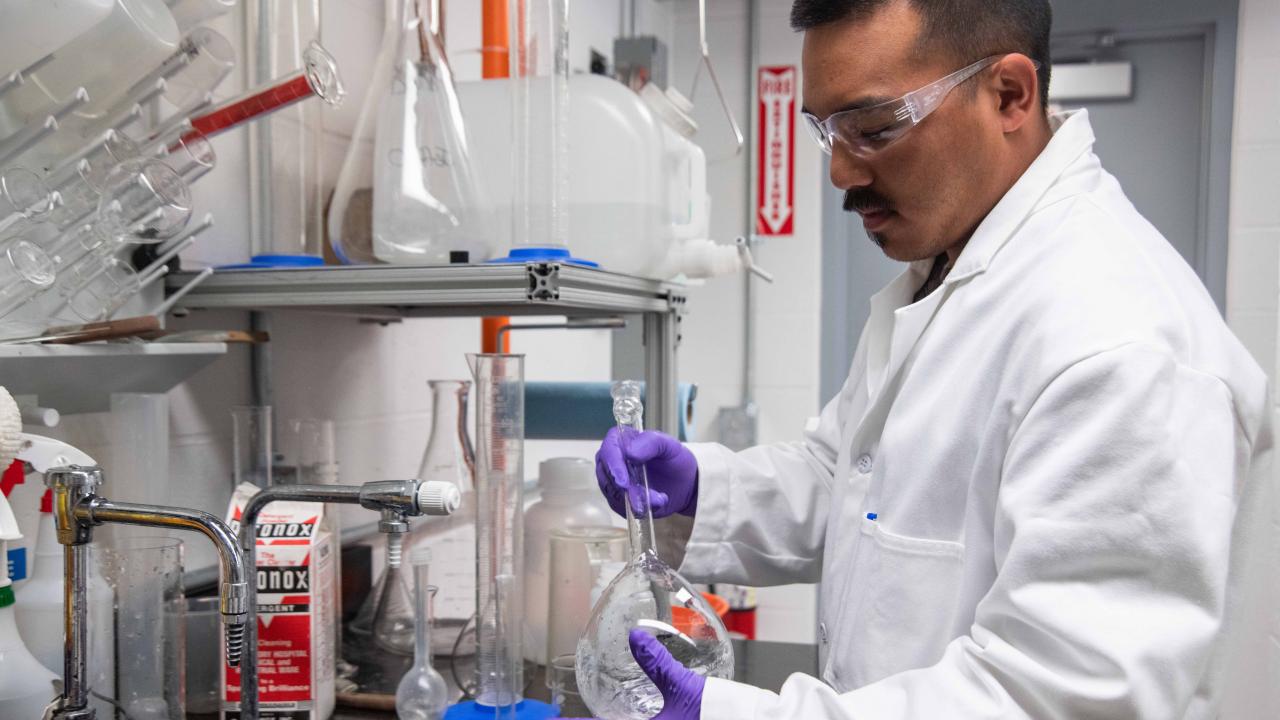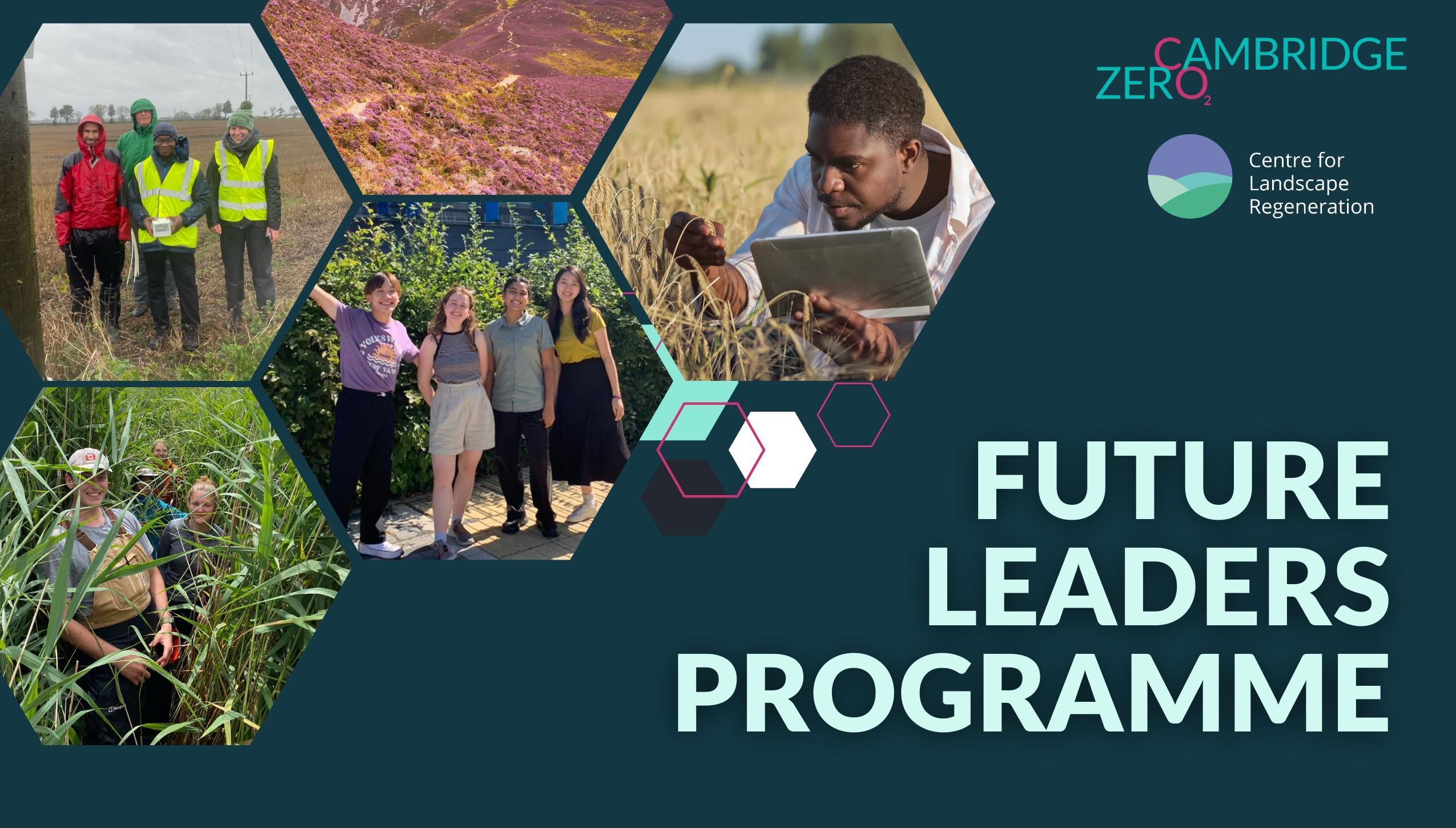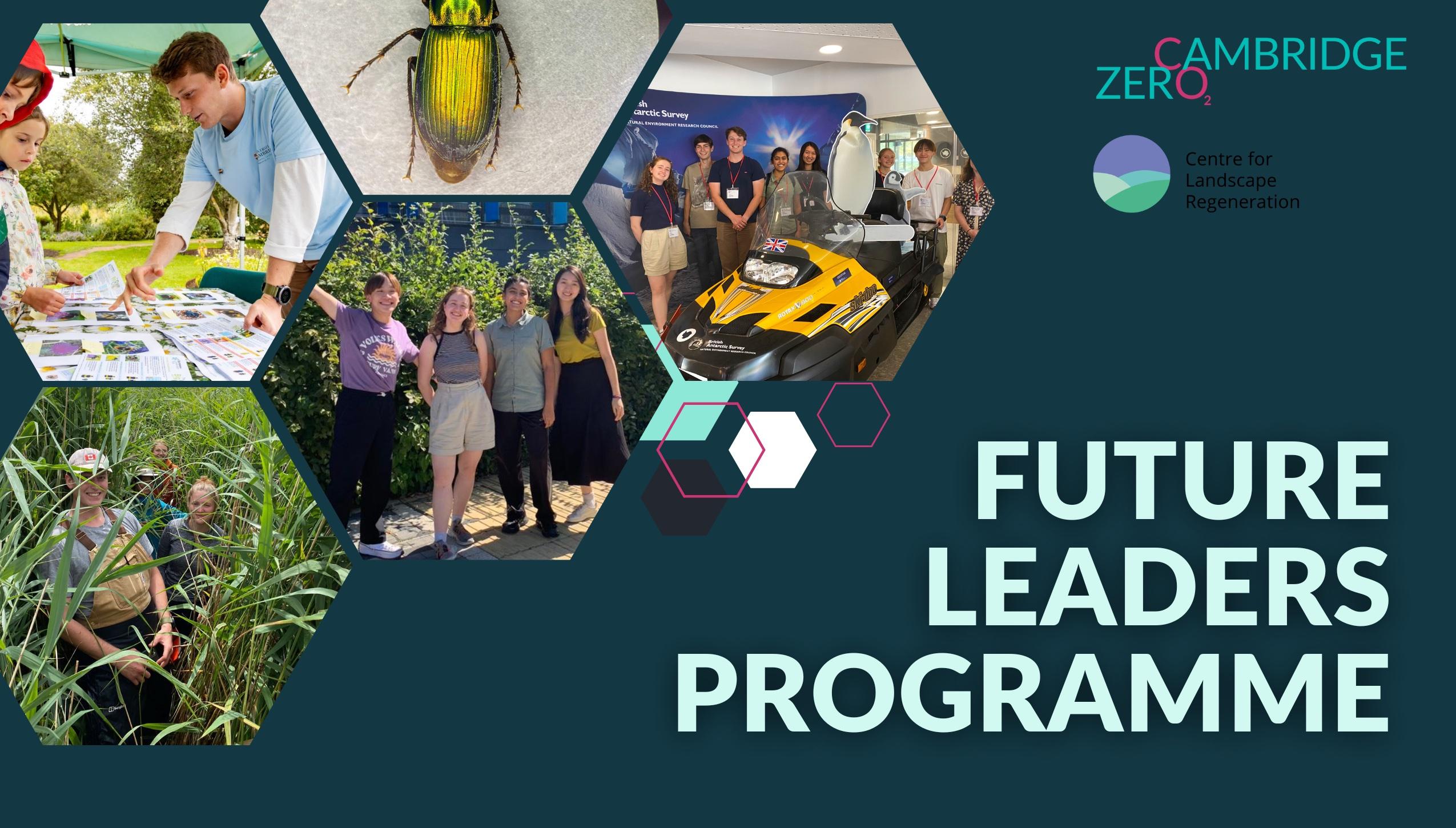World leaders and the scientific community have an opportunity, working together, to respond to the COVID-19 crisis in a strategic way and to foster an effective and sustainable economic recovery after the pandemic. While the nature of the crisis we suffered ten years ago is different from the current one, policy-makers have the chance to revisit the approaches followed during the 2008 financial crisis and design a cleaner and sustainable future recovery, something missing during the last recession.
With the discussions about stimulus plans becoming more pressing, identifying the policies encouraging both economic opportunities and more effective transitions to clean energy systems is essential. The provision of R&D public funding is one of the policy instruments that can play a key role in the economic recovery.
R&D public funding programs can support and foster firm growth beyond their positive effect on innovation. R&D investment represents an opportunity for economic progress, while economies replace and develop new infrastructure. Evidence suggests that small and medium size enterprises (SMEs) and those start-ups in the early stages of development can benefit from targeted R&D funding programs that can help attract other private funding and advance SMEs competitiveness while orienting the green and cleaner character of the investments to promote sustainable innovation. The analysis of the evidence further supports the notion that ramping up public funding for R&D in SMEs facilitates financial constraints as a complementary instrument to other policies such as R&D tax credits, improving effectiveness of public funding by promoting innovation in the form of an increase in patenting activity and company revenues (see Howell, 2017; Pless, 2018).
Dr Cristina Peñasco is a Lecturer in Public Policy in the Department of Politics and International Studies of the University of Cambridge; she is a Centre Fellow at Centre for the Environment, Energy and Natural Resource Governance (C-EENRG) hosted at the Department of Land Economy, and an associate researcher of the Bennett Institute for Public Policy. She has participated in several European-funded projects on renewable energy support schemes in the EU as well as in a range of Spanish and UK-funded projects on innovation policy.



